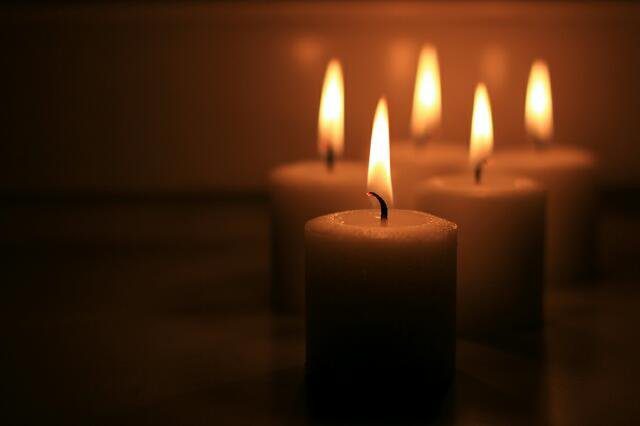“Let me not pray to be sheltered from dangers but to be fearless in facing them. Let me not beg for the stilling of my pain but for the heart to conquer it. Let me not look for allies in life’s battlefield but to my own strength. Let me not crave in anxious fear to be saved but hope for the patience to win my freedom. Grant me that I may not be a coward, feeling your mercy in my success alone; but let me find the grasp of your hand in my failure.” – Rabindranath Tagore, Fruit-Gathering
Grief is the response to loss, particularly to the loss of someone or loss of something to which a deep bond or affection was formed. We also grieve in connection to job loss, ill health, infertility, end of a relationship, disappointment, failure etc. We all grief differently depending on our upbringing, culture, religion, societal norms, experiences, and relationship to the dead.
Grief is like the ocean; it comes on waves ebbing and flowing. Sometimes the water is calm, and sometimes it is overwhelming. All we can do is learn to swim. – Vicki Harrison
I have gone through some grief in the past 8 years, from losing my closest cousin (2013), diagnosis of mum’s cancer (2018), losing my mum at 55 to cancer (2019), getting laid off (2020). Grief is tough, deeply personal, and can be overwhelming. During grief, you might feel fear, shame, guilt, regret, varying emotions, the unsaid goodbyes, survivor’s guilt (a mental condition that occurs when a person perceives themselves to have done wrong by surviving a traumatic event when others did not), among other emotions.
